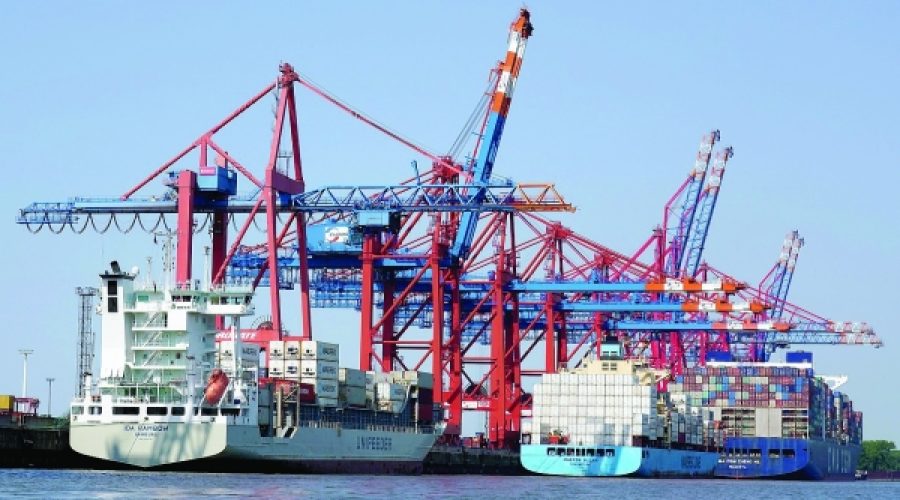EU-US Tariff Compromise: What It Means for Businesses Navigating Costs and Trade Relations
Concern Mounts Among German Firms Over EU-US Tariff Agreement
BERLIN: German businesses are voicing significant apprehensions regarding the recent EU-US tariff compromise, which they believe could impose considerable burdens on European companies and their trade relationships with the United States, according to a recent survey.
Conducted by the German Chamber of Commerce and Industry (DIHK), the survey assessed the perspectives of 3,500 industrial firms. Results indicate that 55% of respondents feel the agreement is too onerous for the European economy, and many advocate for a more assertive position in forthcoming negotiations. Additionally, 54% of companies engaged in business with the US believe the deal will negatively affect their trade with the country.
Volker Treier, the DIHK’s foreign trade chief, expressed concerns that the US’s new protectionist trade policies may backfire, generating uncertainty instead of fostering a stable investment climate.
The survey revealed that many firms anticipate US customers will shoulder the increased import duties. Among those looking to adapt to the new tariff landscape, 62% plan to pass the costs onto clients, while 15% stated they would absorb the expenses themselves.
Furthermore, 17% of companies with operations in the US are postponing investments, and 9% intend to reduce their investment levels.
The agreement, unveiled in July by US President Donald Trump and European Commission President Ursula von der Leyen, imposes a 15% tariff on most European goods while eliminating tariffs on certain US industrial products.
The DIHK has urged the prompt implementation of planned US tariff reductions on cars and metals, recommending the establishment of a mechanism to avert future tariff increases. Treier emphasized that the EU should not hesitate to consider countermeasures if necessary and must negotiate firmly.
Special Analysis by Omanet | Navigate Oman’s Market
The recent EU-US tariff compromise poses significant challenges for businesses in Oman, particularly those engaging in European export markets, as it may lead to higher costs being pushed to consumers. This opens the door for opportunities in sectors that can adapt swiftly to changing trade dynamics, such as regional manufacturing and supply chain solutions. Smart investors should consider diversifying their portfolios and exploring local partnerships to mitigate risks associated with the evolving global trade landscape.



